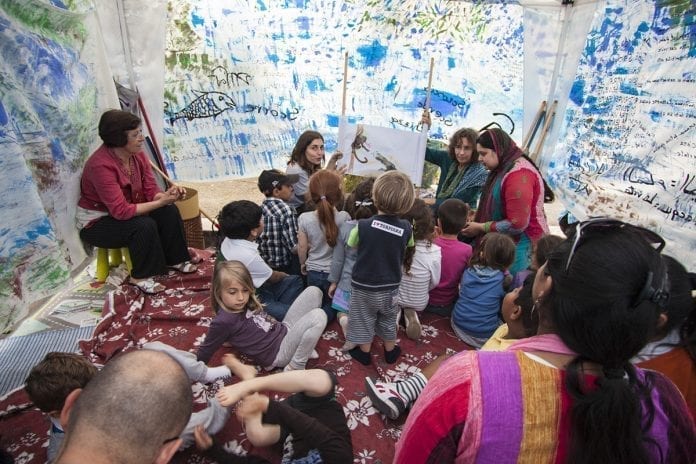Rome (Italy). “Thinking with equity, building intelligently, innovating under the banner of change” is the theme proposed by the UN for the annual celebration of International Woman’s Day.
The Institute of the FMA, engaged since its beginning in the education of women, promotes and educates to establish relationships of reciprocity between men and women, recognizing the equal dignity of both in school, in the family, in work…
The International Women’s Day, which occurs every March 8th, recalls that, although there is various social, political and economic “progress” in terms of women’s inclusion – there is still discrimination and violence that women have been and still are the object of in almost the whole world. In fact, excessive competitiveness and the exaltation of efficiency create a culture of waste that marginalizes minorities and entire peoples, increasing discrimination between women and men, and between social groups.
The Institute, the educating communities, are careful to identify discrimination between men and women and to recognize the obstacles that these differences represent for development. In educational environments, we try to create the conditions that allow women and girls to participate fully in the life of the realities in which they are inserted, so that the contribution of women to the fight against poverty, in the nonviolent management of conflicts, in education for peace, justice, and the safeguarding of creation may be fruitful.
The celebration is an invitation to the FMA and laity, to renew the choice for the integral education of the young woman that is realized by promoting her feminine self-awareness and strengthening the progressive ability of all women to be promoters of change.
Through debates and the formation of self-help groups, young women learn to break the silence on exploitation, to make decisions, to exercise leadership in reciprocity. In the field of cultural education, young women are accompanied through systematic courses of education and formation, up to the academic levels with the provision of proposals according to needs: from literacy and short term vocational training to the formation of educators and teachers, up to insertion into the world of work; from the promotion of women’s cooperatives to cultural initiatives and support, so that young women can fight with greater awareness for their dignity, for the development of a culture of mutual respect, up to the recovery of girls and women victims of prostitution and trafficking in human beings, networking with other people and socio-cultural and educational institutions/entities.
We are convinced that education can help women’s potential to blossom. Frida Giannini, Italian fashion designer, says: “If we give girls and women the chance to change their lives, they can change the world”. Being consecrated women who promote the empowerment of other women is a challenge to be open to the culture of encounter and dialogue, experienced in humanity. There is always a road to take… we believe in it.




















